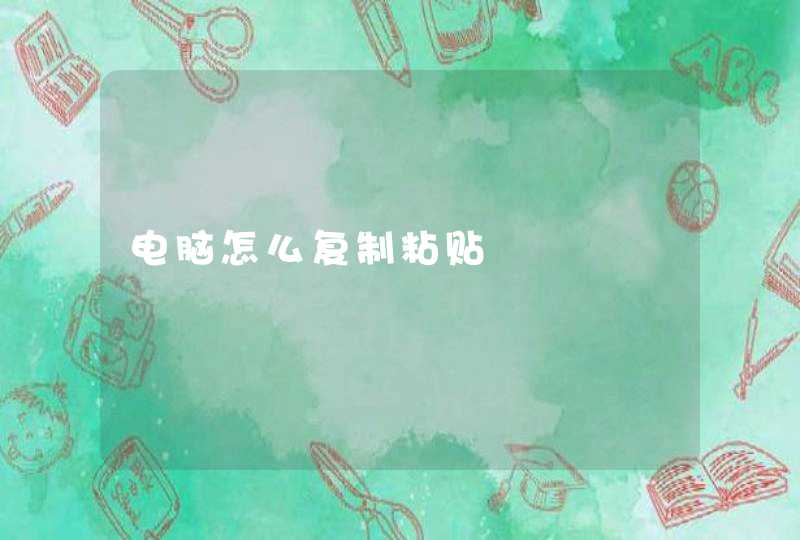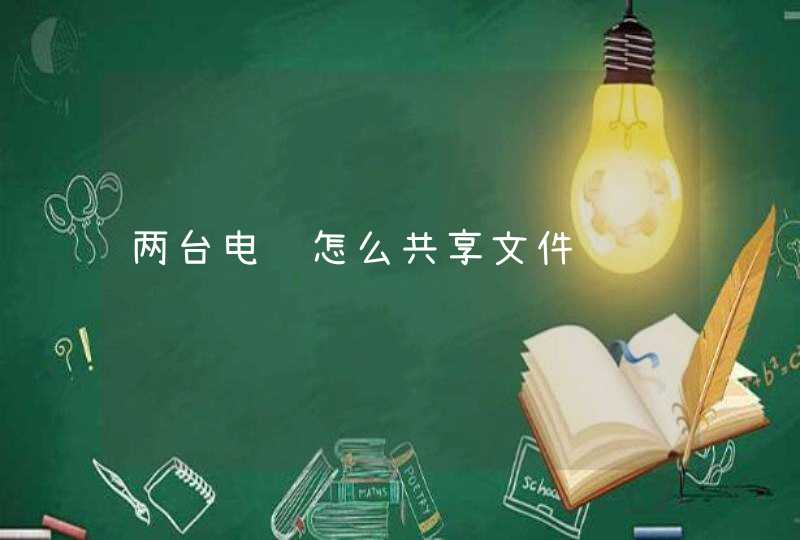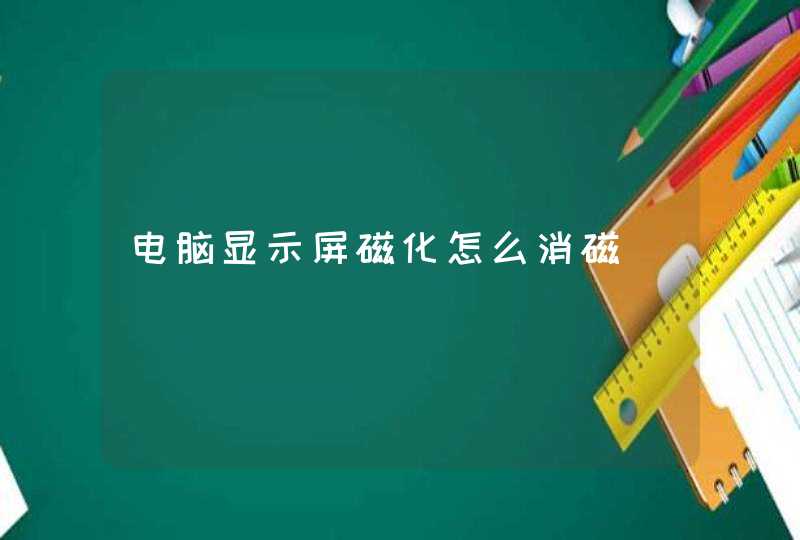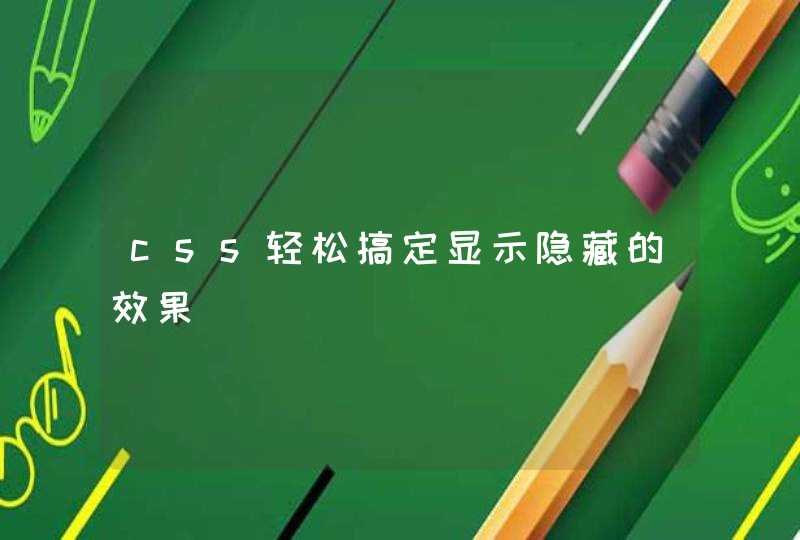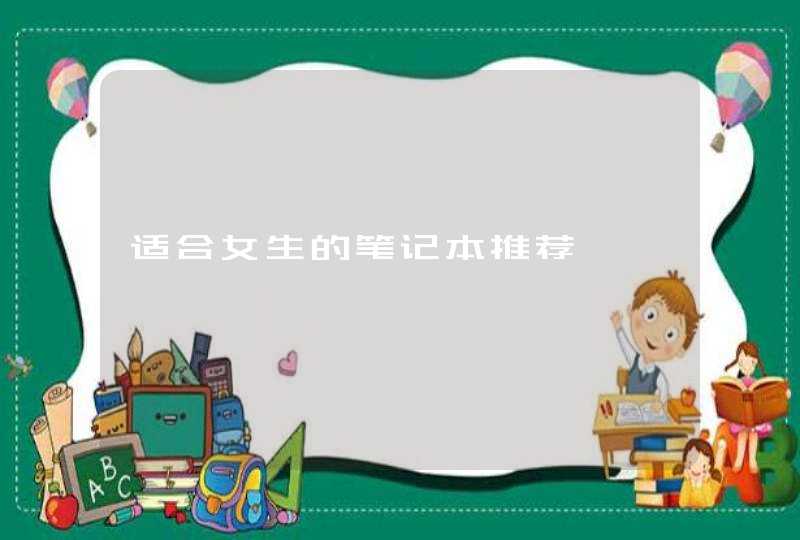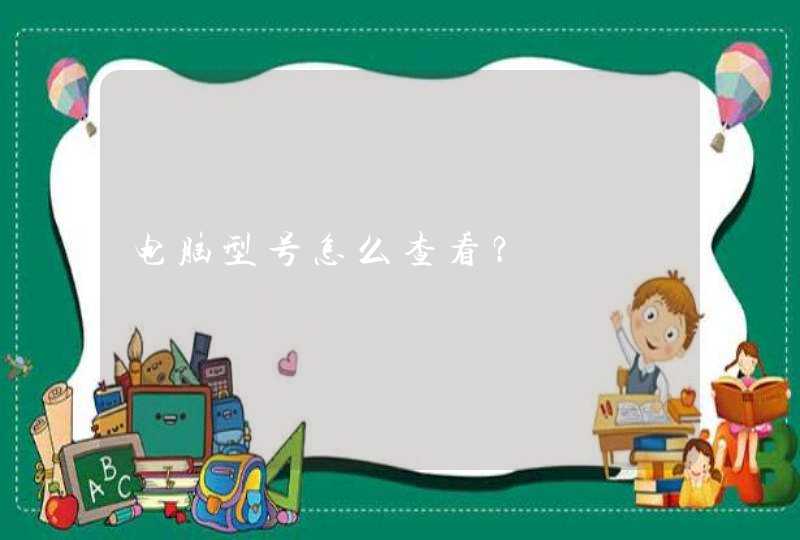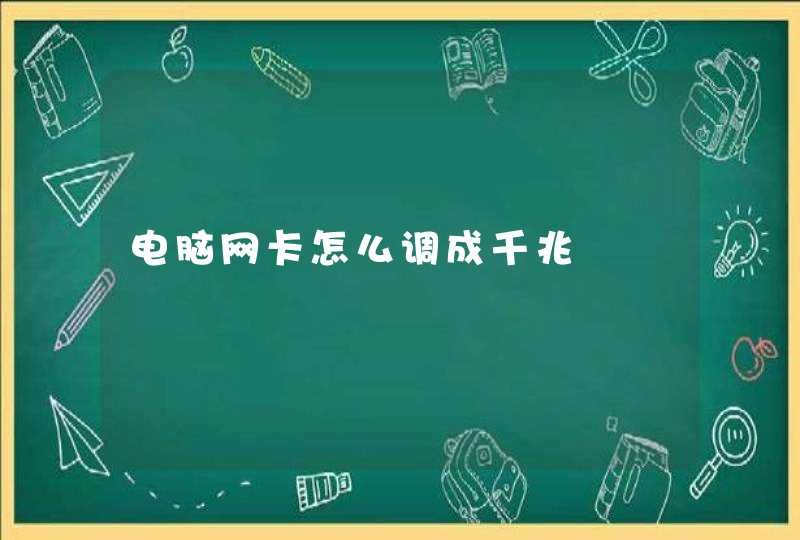
The essential problem of man in a computerized age remains the same as it has always been. That problem is not solely how to be more productive, more comfortable, more content, but how to be more sensitive, more sensible, more proportionate, more alive. The computer makes possible a marvellous leap in human proficiencyit pulls down the fences around the practical and even the theoretical intelligence. But the question persists and indeed grows whether the computer will make it easier or harder for human beings to know who they really are, to identify their real problems, to respond more fully to beauty, to place adequate value on life, and to make their world safer than it now is. 在计算机时代,人类的基本问题依然是过去一直存在的问题。这个问题不仅仅是如何更多产、更舒适、更惬意,而是如何更敏感、更明智、更均衡、更有生机。计算机使人类能力上的巨大飞跃成为可能;它打破了束缚实践智能和理论智能的藩篱。但是计算机是使人类更容易还是更难以理解自己究竟是什么,是否有助于识别真正的问题,有助于对美作出更全面的反应,对生活作出更充分的评价?是否能使世界变得比现在更安全?这个问题一直存在而且越来越突出。
Electronic brains can reduce the profusion of dead ends involved in vital research. But they can't eliminate the foolish ness and decay that come form the unexamined life. Nor do they connect a man to the things he has to be connected to - the reality of pain in othersthe possibilities of creative growth in himselfthe memory of the raceand the rights of the next generation. 电脑能够减少许多生命研究中的死胡同。但它们不能消除因为生活未经反省产生的愚蠢和腐朽;它们也不能把一个人同之相关的事物--别人的痛苦现实、自我创造性发展的可能性、种族的印记以及下一代的权利联系起来。
The reason these matters are important in a computerized age is that there may be a tendency to mistake data for wisdom, just as there has always been a tendency to confuse logic with values, and intelligence with insight. Easy and convenient access to facts can produce unlimited good only if it is matched by the desire and ability to find out what they mean and where they would lead. 这些事情在计算机时代之所以重要是因为可能有一种错把数据当智慧的趋势,就像一直存在的把逻辑与价值、智力,以及见解混为一谈的趋势一样。获取事实的便捷手段只有与弄清这些事实的意义与导向的.愿望和能力一致时才能使人们受益无穷。
Facts are terrible things if left spreading and unexamined. They are too easily regarded as evaluated certainties rather than as the rawest of raw materials crying to be processed into the texture of logic. It requires a very unusual mind, Whitehead said, to undertake the analysis of a fact. The computer can provide a correct number, but it may be an irrelevant number until judgment is pronounced. 如果任其事实流传而不加检验,这样的事实是可怕的,因为它们极容易被认为是已获定评的事实,而不是迫切需要处理使之具有逻辑条理的原始材料中最原始的部分。怀特里德说,对事实进行分析需要非凡的头脑。计算机能够提供正确的数字,但如果不作判断,这个数字可能毫无意义。
To the extent, then, that man fails to distinguish between the intermediate operations of electronic intelligence and the ultimate responsibilities of human decision, the computer could prove a digression. It could obscure man's awareness of the need to come to terms with himself. It may foster the illusion that he is asking fundamental questions when actually he is asking only functional ones. It may be regarded as a substitute for intelligence instead of an extension of it. It may promote undue confidence in concrete answers. "If we begin with certainties," Bacon said, "we shall end in doubts but if we begin with doubts, and we are patient with them, we shall end in certainties." 因而,在人类不能区分电子智力的中间运算与人的决定的最终责任的情况下,计算机可能被证明是一种节外生枝。它可能模糊人类满足自身条件的意识。它可能使人产生错觉,当他实际上只是在问功能的问题时,却认为他在问基本的问题。它可能被认为是智力的替代物,而不是智力的延伸。它可能使人过分相信具体答案。培根说:"如果我们肯定开始,就会以疑惑结束;如果我们以疑惑开始,并且耐心处之,我们就会以肯定结束。"
The computer knows how to conquer error, but before we lose ourselves in celebrating the victory, we might reflect on the great advances in the human situation that have come about because men were challenged by error and would not stop thinking and exploring until they found better approaches for dealing with it. "Give me a good fruitful error, full of seeds, bursting with its own corrections," Ferris Greenslet wrote, "You can keep your sterile truth for yourself." 计算机懂得如何克服错误,但在我们得意忘形地为此欢呼之前,我们不妨思考一下人类的处境之所以出现巨大的进步是因为人类受到错误的挑战而且总是不停的思考、探索,直到找到的更好的处理方法。"给我一个内容丰富的错误,充满希望的种子,包含自我更正,"费里斯·格林里特道,"你可以把贫瘠的真理留给自己。"
The biggest single need in computer technology is not for increased speed, or enlarged capacity, or prolonged memory, or reduced size, but for better questions and better use of the answers. Without taking anything away from the technicians, we think it might be fruitful to effect some sort of junction between the computer technologist wonders of the creative imagination on the kinds of problems being put to electronic technology. The company of poets may enable the men who tend the machines to see a wider range of possibilities than technology alone may inspire. 对计算机技术最大的、唯一的要求不是提高速度、扩大容量、延长记忆或减小体积,而是要提出更好的问题,更好地利用其答案。我们认为,在计算机技术专家和诗人之间衽某种结合可能会卓有成效,而且对技术人员不损秋毫。通过充分发挥由电子技术处理的问题的创造性想象的神奇力量,计算机起到真正的作用。与诗人为伍可能使使用计算机的人能看到比技术自身激发出的更大范围的可能性。
A poet, said Aristotle, has the advantage of expressing the universalthe specialist expresses only the particular. The poet, moreover, can remind us that man's greatest energy comes not from his dynamos but from his dreams. But the quality of man's dreams can only be a reflection of his subconscious. What he puts into his subconscious, therefore, is quite literally the most important nourishment in the world. 亚里士多德说,诗人的优势是表达共性,而专家表现的仅仅是某个特性。而且诗人能够提醒我们,人最大的能量并不来自精力,而是来自他的梦想。但是人的梦想的特征仅仅是他的下意识的反映。因而,他存在下意识的东西实质上是世界上最好的营养。
Nothing really happens to a man except as it is registered in the subconscious. This is where event and feeling become memory and where the proof of life is stored. The poet - and we use the term to include all those who have respect for and speak to the human spirit - can help to supply the subconscious with material to enhance its sensitivity, thus safeguarding it. The poet, too, can help to keep man from making himself over in the image of his electronic wonders. For the danger is not so much that man will be controlled by the computer as that he may imitate it. 并没有什么事会真的发生在一个人的身上,除非这件事已在他的潜意识里烙下了印记。正是在潜意识里,事件和感情变成记忆,生活的证据储存于此。诗人--我们用这个词指所有新生人类精神,诉说人类精神的人--能够帮助为潜意识提供材料,增强其敏感度,从而保护它。诗人也能使人们不至于按照电子奇迹的形象改变自己,因为危险不在于人被计算机控制而在于人可能会模仿计算机的思维。
The poet reminds men of their uniqueness. It is not necessary to possess the ultimate definition of this uniqueness. Even to speculate on it is gain.诗人提醒人们记住自己的独特性。没有必要弄清这种独特性的终极定义,但即是这种独特性进行思考也是一种收获。
网络词说诗人(net poet)是指以发表和出版网络诗歌作品为主的当代诗人,网络诗歌是指使用电脑代替纸和笔创作的,通过网络发表的诗歌。通过网络发表,是指使用互联网的Mailing list(邮寄名单),News Groups(新闻组),以及后来出现的各类网站等途径发表诗歌。

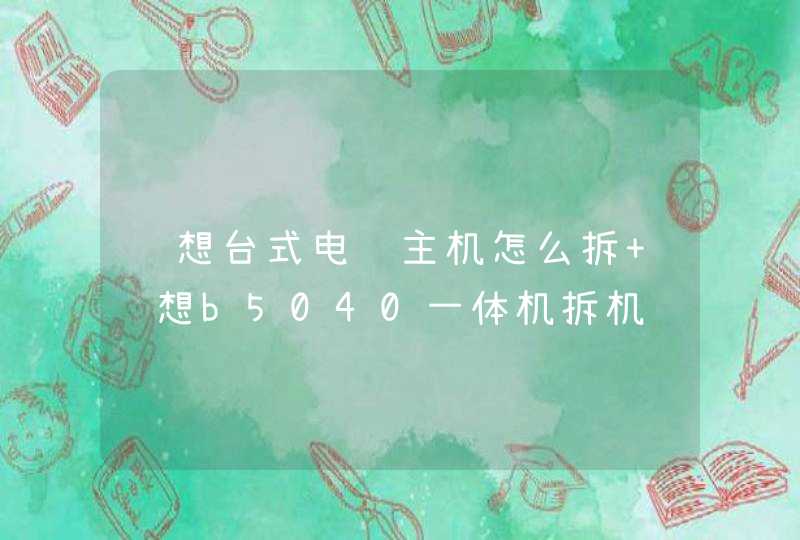

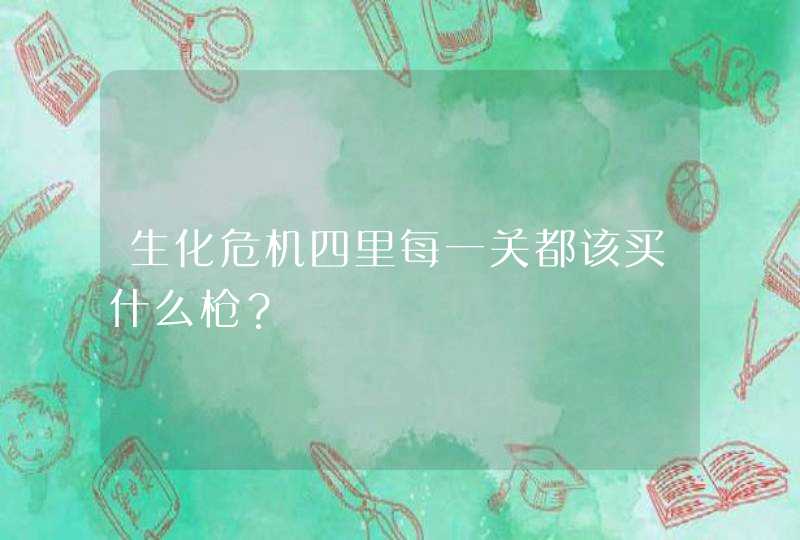







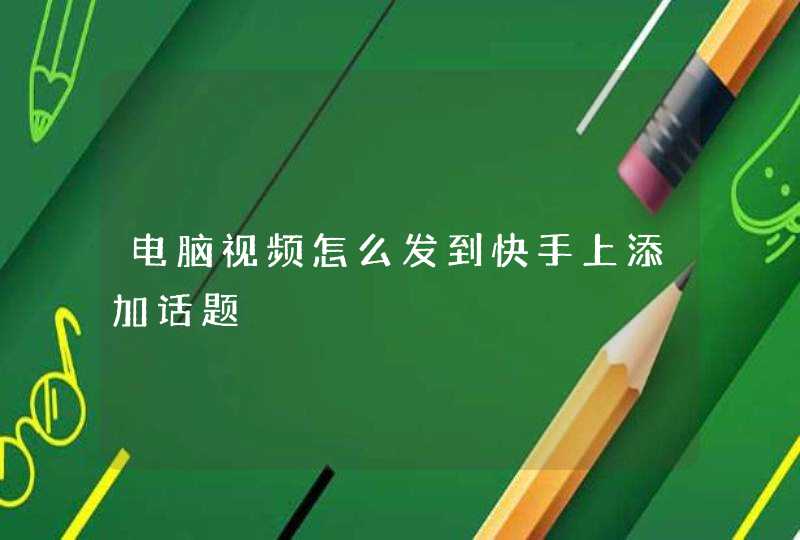
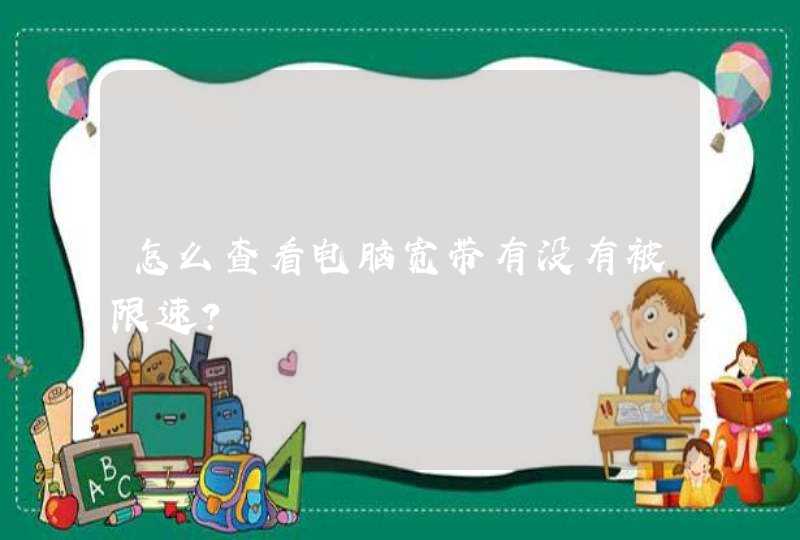
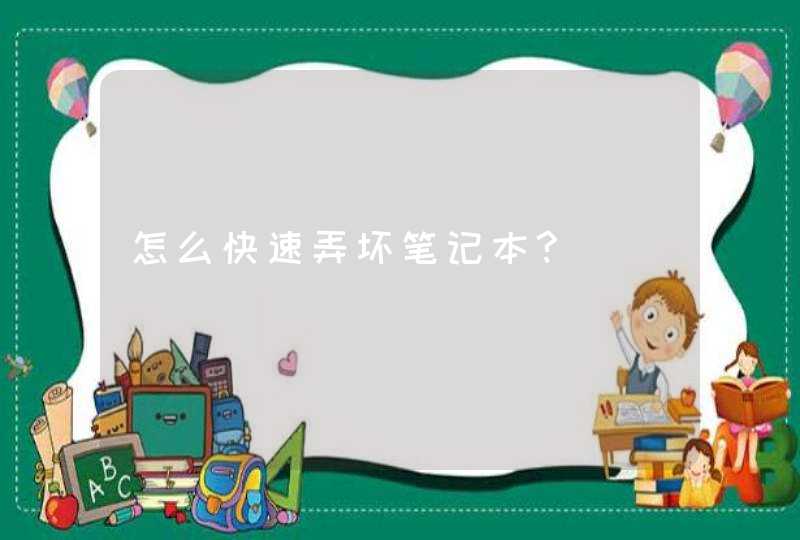


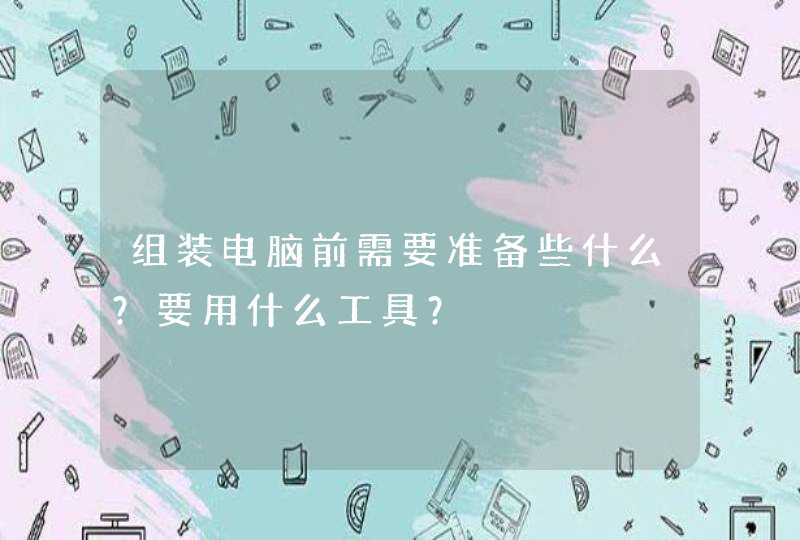



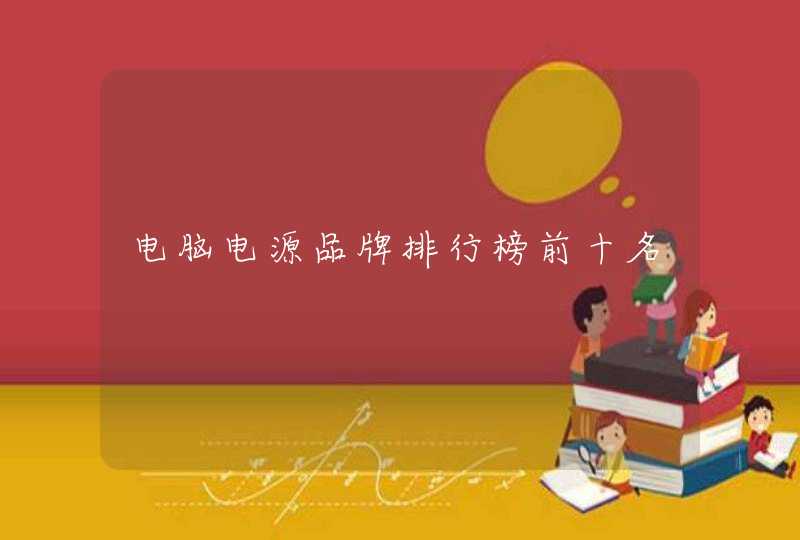
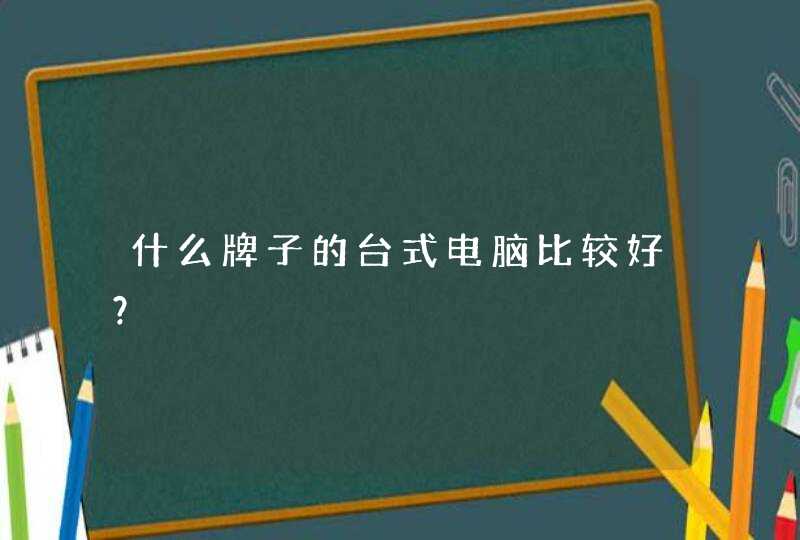
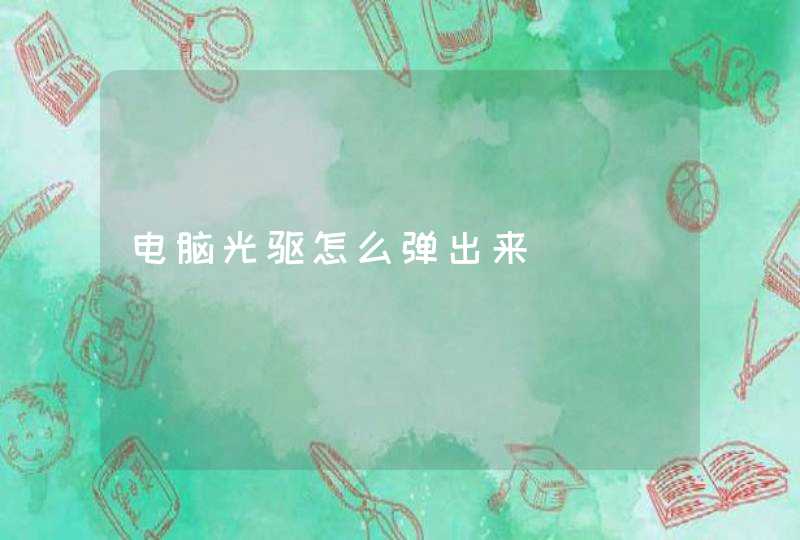


![麻烦问一下,这种笔记本电脑的按键[蓝色符号有什么用[?]](/aiimages/%E9%BA%BB%E7%83%A6%E9%97%AE%E4%B8%80%E4%B8%8B%EF%BC%8C%E8%BF%99%E7%A7%8D%E7%AC%94%E8%AE%B0%E6%9C%AC%E7%94%B5%E8%84%91%E7%9A%84%E6%8C%89%E9%94%AE%5B%E8%93%9D%E8%89%B2%E7%AC%A6%E5%8F%B7%E6%9C%89%E4%BB%80%E4%B9%88%E7%94%A8%5B%EF%BC%9F%5D.png)





